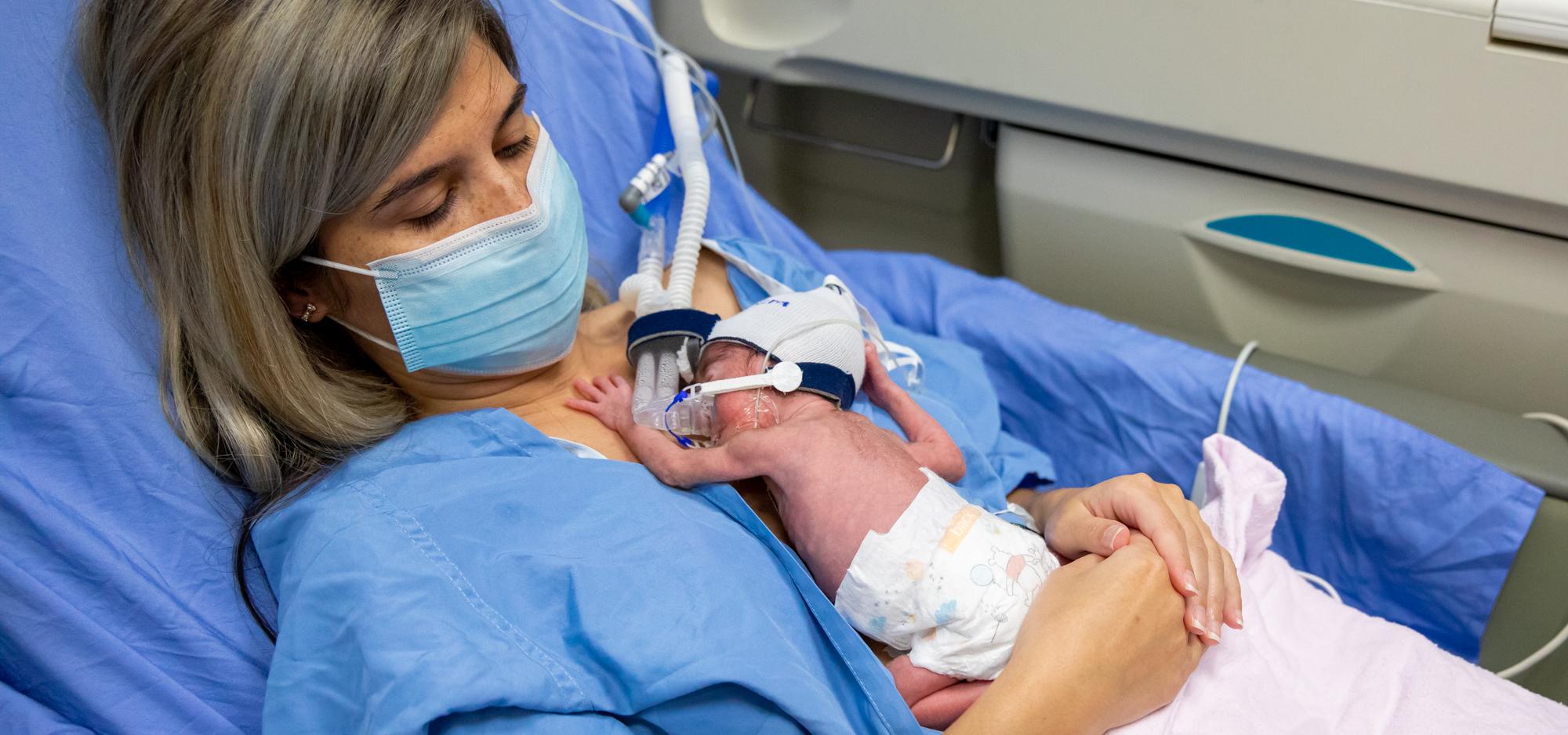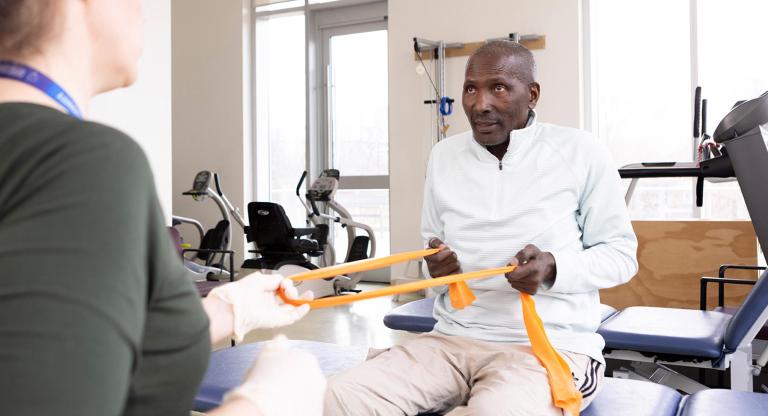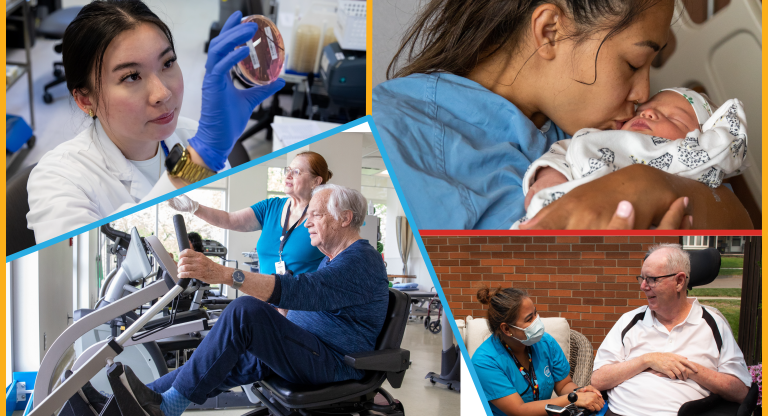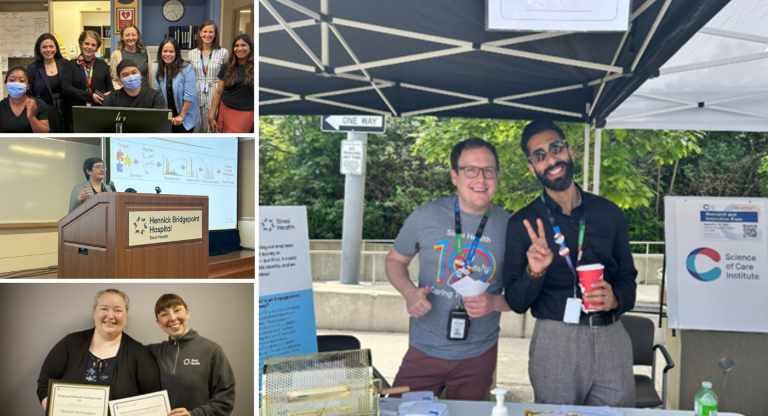Research examines the impact of COVID-19 restrictions on parental participation in NICUs

A new study from the International Steering Committee for Family Integrated Care found that internationally COVID-19 pandemic-related hospital restrictions had adverse effects on care delivery and outcomes for neonates, families and care teams. The Family Integrated Care model of care was originally developed at Mount Sinai Hospital.
“Restricting Family Integrated Care essentially abandons progress made over decades to achieve zero-separation between parents and their infants, especially for the most critically ill newborns,” says co-author Dr. Karel O’Brien, neonatologist and leader of the Family Integrated Care Program at Mount Sinai Hospital.
Hospitals worldwide often applied an overarching approach without regard to the particular contexts of different patient care areas. According to the study, families with an infant in the Neonatal Intensive Care Unit (NICU) often had restricted access to their loved ones, which can have detrimental effects on parent-infant bonding, parent mental health and breast feeding. Some hospitals reported a significant reduction in therapy services and lactation support. This is known to have long-term adverse effects.
NICUs are expected to engage parents in the care of the newborn, facilitate 24/7 parental presence, encourage early skin-to-skin contact and provide breastfeeding support.
This systematic review studies the evidence on the safety of maintaining family integrated care practices during the pandemic, which can be done safely through a screening process upon arrival and providing the proper personal protective equipment.
Other recommendations to support parental presence and family integrated care during COVID-19 and beyond included:
- Both parents should be with their infant on the neonatal unit and postnatal ward, unless they are symptomatic or have been advised to self-isolate.
- Physical distancing advice should be supported, and if not possible, parents should be provided with the same infection control precautions, education and advice as the care team.
- Parents should be included in ward rounds and be part of holistic family care, including education and psychosocial support.
Further to these recommendations, the researchers emphasize the need to continue to follow infants and families exposed to pandemic-related restrictions to assess long-term impact on physical and mental health, and development.
For more recommendations to support parental presence during COVID-19 and beyond, the full study is available here.












